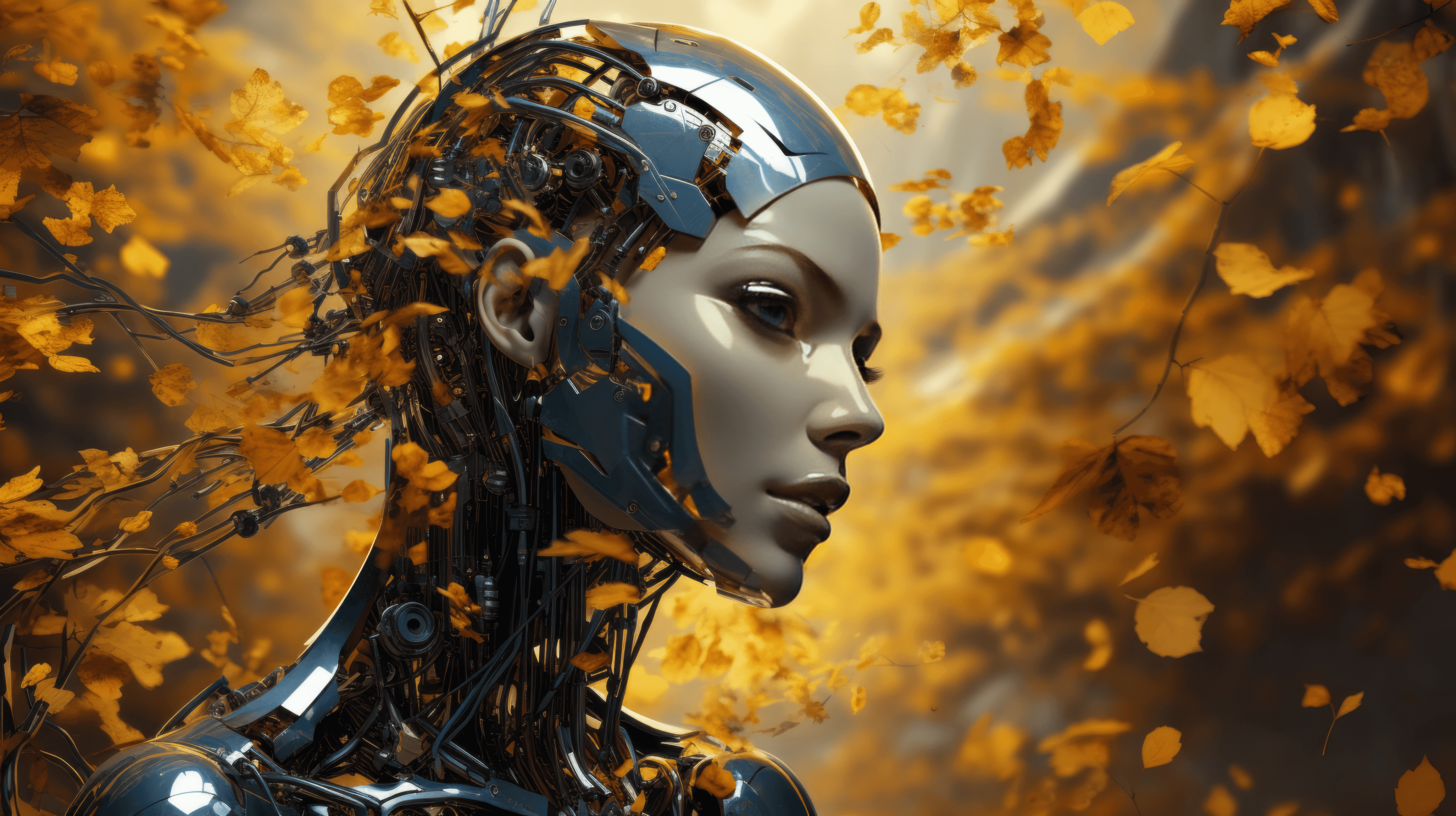1. Canva Introduces AI-Powered Image Tools
Canva now offers advanced AI image generation apps including its own Magic Media, as well as DALL·E by OpenAI and Imagen by Google Cloud, allowing users to transform text descriptions into unique images and videos. Ensuring ethical and safe technology, Canva incorporates automated safety reviews, community feedback loops, and collaborates with industry leaders to offer responsible and accessible AI tools, while enhancing creativity across varied professions.
Source: Canva
2. LinkedIn reveals new AI tools across products
LinkedIn is piloting new AI-driven tools, including Recruiter 2024 and LinkedIn Learning’s AI-powered coaching, to assist HR professionals in adapting to rapid job skill changes and enhancing their strategic roles. The new Recruiter 2024 platform uses generative AI to optimize the hiring process, allowing users to express their hiring goals in natural language and receiving high-quality candidate recommendations from a broader pool.
Source: LinkedIn
3. AI Tool Predicts Emerging Viral Variants for Better Vaccines
A new AI tool named EVEscape, developed by Harvard Medical School and the University of Oxford, can predict emerging viral variants, including those of SARS-CoV-2. By analyzing evolutionary sequences and biological information, the tool forecasts the most probable mutations, aiding in the design of more effective, future-proof vaccines and therapies.
Source: Harvard
4. Woodpecker: Revolutionizing AI's Approach to Hallucination Correction
Researchers from the University of Science and Technology of China and Tencent YouTu Lab have introduced "Woodpecker," a novel framework that addresses hallucinations in multimodal large language models by offering a training-free method to correct discrepancies between generated text and image content. The Woodpecker framework, which doesn't require model retraining and provides high transparency, is anticipated to revolutionize the field, enhancing the accuracy and dependability of AI systems across various applications.
Source: Venturebeat
5. Biden's Executive Order: A Comprehensive Strategy for Safe and Equitable AI Leadership
President Biden has issued an Executive Order to establish standards for AI safety, security, and equity while advancing American leadership in AI innovation globally. The comprehensive strategy encompasses actions such as requiring powerful AI developers to share safety results with the U.S. government, establishing cybersecurity programs, promoting privacy protections, addressing algorithmic discrimination, supporting workers in AI-transformed industries, and fostering global collaborations on AI development and deployment.
Source: WhiteHouse
6. Revolution in Astronomy: AI System BTSbot Autonomously Discovers and Announces Supernova
For the first time, an AI system named BTSbot autonomously discovered, classified, and announced a supernova without human intervention. Developed by an international team of scientists, BTSbot streamlines supernova studies, enhancing understanding of star life cycles and potentially revolutionizing the way astronomers work.
Source: Science Alert
7. Google Allocates $12 Million for AI Vulnerability Rewards, Invites Hackers to Test Systems
Google has expanded its vulnerability rewards program to include attack scenarios involving generative AI, encouraging hackers to find vulnerabilities in its AI systems. While there are guidelines for the program, Google has confirmed payments for disclosed vulnerabilities, with over $12 million paid out in 2022.
Source: Forbes
8. Revolutionary AI Diagnoses Type 2 Diabetes Through 10-Second Voice Analysis
A recent study has trained an AI to diagnose type 2 diabetes by analyzing vocal differences within 10 seconds, capturing nuances undetectable to the human ear. This breakthrough, spearheaded by Canadian researchers, offers a potential cost-effective and remote diagnostic method, outpacing traditional in-person tests.
Source: Diabetes.co.uk
9. Revolutionizing Research: AI's Transformative Role in Protein Design and Scientific Discovery
Scientists are leveraging AI to accelerate the design of synthetic proteins and streamline drug discovery, with applications ranging from treating snake bites to renewable energy solutions. As AI's potential in scientific research grows, experts envision it analyzing vast amounts of data, proposing novel hypotheses, and even conducting experiments autonomously.
Source: NPR
10. Unlocking Antiquity: Student's AI Deciphers Ancient Herculaneum Scroll
A 21-year-old student, Luke Farritor, developed a machine-learning algorithm to decipher Greek letters from a carbonized Herculaneum scroll, unreadable since a volcanic eruption in AD 79. This breakthrough, part of the Vesuvius Challenge, may unlock hundreds of texts from an intact Greco-Roman library, revolutionizing our understanding of ancient history.
Source: Nature
